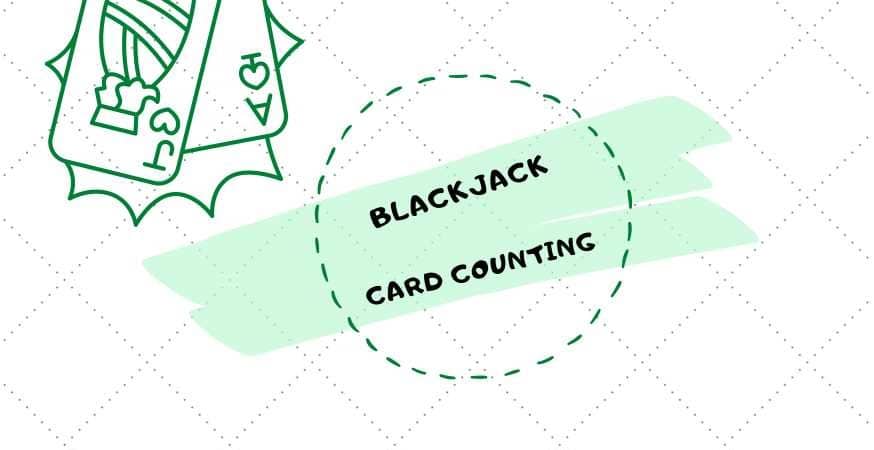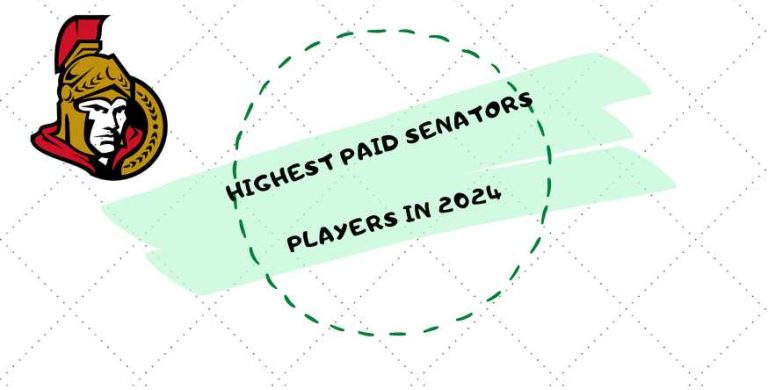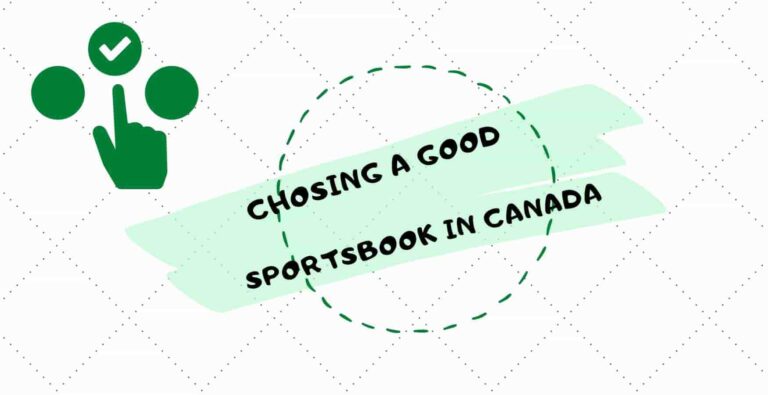As one of the few ways to really turn a profit with any consistency from casino games, blackjack card counting is far easier to learn now than it’s been before. First making its appearance decades ago, card counting has a variety of resources available – how-to guides, basic tips and tricks, advice articles, and more. All of it is at the tip of your fingers. Years ago, there was this idea that card counting was only for math geniuses, something that Hollywood movies played up to. These days that myth is a little more understood, as anyone can give card counting a go.

That said, the availability of resources to you means that they’re also readily available to casinos. This makes it harder to count cards and get away with it. After all, card counting is banned in most, if not all casinos. Under the watchful eye of security cameras, casinos have worked out to catch most gamblers that are looking for an extra advantage. While it’s easier to learn now, card counting is also harder to actually do than ever before. It’s even possible to get thrown out of casinos and blacklisted, over and over again.
In this article, I’m going to be exploring whether or not learning to card count is worth it for players these days, in the era of the “big brother” casinos. Is the effort involved in card counting worth the risk of getting away with it? What’s the reality here? Let’s discuss whether card counting is really deserving of your time and energy.
How Does Card Counting Actually Work?
Blackjack has a dozen different systems of card counting that I could name off the top of my head. The approach differs from system to system, as some are more complex than others. Card counting systems can also see variations in the house edge. When it comes to card counting, you are likely to find enough systems out there that it’ll make your head spin.
If you’re just starting out, there’s no system better to learn than Hi-Lo. This is a beginner-friendly system built on an easy but sturdy foundation, that also offers you a steady advantage as you go. Always remember, if you stick with a Hi-Lo strategy you likely can’t go too far wrong.
The basics of any card counting system are going to rely on some general knowledge. The very first thing you should learn is which card groups that you’re actually counting, and what their values are. The groups are as follows:
Low Cards – 2s through 6s and have a value of +1
Neutral Cards – 7s through 9s and have a value of 0
High Cards – 10s through Aces and have a value of -1
In order to consider yourself successful in card counting, you’re going to need to count every card that is drawn from the shoe. What you’re looking for is a positive count, meaning that you want high cards, not low cards. This gives you a better chance at a “natural blackjack,” or landing 21 with your first 2 dealt cards. It also offers you better odds of the dealer busting out, as more high cards make it easier for the dealer to bust more often.
As you count through the whole shoe, you’re keeping a “running count.” You’re going to want to figure out your true count, as many shoes have multiple decks nowadays. This method of play is called card counting for a reason, so you can expect a fair amount of counting to be involved.
I’ve thrown a lot of information at you right out of the gate, so I want to make things a little clear. Here is a quick example to help you further understand how card counting works. Your running count is +6 and by your estimation, three decks remain in the shoe, so 6 divided by 3 gives you a true count of +2.
Blackjack and Counting Cards
Here we have the very last step of card counting and arguably it’s the most important step of them all. This step is all about knowing when to raise your bets, so you can maximize your output when at the tables. Blackjack is all about getting the most bang for your buck and card counting is the first step towards making that happen.
Until you get a positive count, you’re only going to want to risk the very bare minimum at the table. Once you hit that positive count, though, increasing your wager is the best way to take advantage. The following is a good method to follow in this step, but please note that this only a guide and not a definitive way to play:
- Step 1 – Figure out the minimum bet at the table (i.e. $5)
- Step 2 – Pick a size for your unit. We recommend 5x the minimum (i.e. $25)
- Step 3 – Determine your true count (i.e. +4)
- Step 4 – Take away one from the true count (4 less 1 is 3)
- Step 5 – Take your unit size and multiply by the number you got in step 4 (3 x 25 = 75)
- Step 6 – Bet the number you get, so three units or $75 per hand.
The “bet spread” is the space between the bets being increased and the table minimum. Make sure that you don’t get too out of hand with your bet spread, as it could draw unwanted attention to you from the dealer or the pit boss. It’s best to keep your spread low, as in the example above. There have been countless cases of a wild spread drawing a huge amount of attention. Given that you’ll be card counting, you want your blackjack table activity to be as subtle as possible.
Above, you can see a spread of 1-15. This is actually the very max of what you can usually get away with before drawing unwanted attention, as leaping from the very minimum to a much higher bet is a huge red flag to casino staff. That said, please keep in mind that “rules of thumb” for bet spreads can vary as you go from one casino to the next. It’s important to do your research so that you can choose the casinos that allow bigger spreads than others.
Why is Card Counting so Popular?
Like many players, gamblers, and fans of live casinos online know, there’s more than just card counting on the table when it comes to beating the casino and making a profit. Hole carding is another method, while shuffle tracking can also turn a profit. As you can see, the more you dive into the world of card counting, the more methods pop up.
The truth is that card counting is probably the most infamous way to try and pull one over on the casino. There are many reasons why players do it, with profit being the number one pull of course. Let’s look in more detail at why people seem to be so fascinated with this particular way of gaining an advantage over the house.
Win Bigger Money Over Time
One thing that card counting has in common with legit methods of advantage gambling is that it promises profits over time. Take a look and notice the “overtime” caveat. This isn’t a short-term method of racking up winnings, this is a “slow and steady wins the race” method. When the strategy is used correctly, profits are delivered in the long-term, but you can expect it to deliver many tedious moments at the tables. But, in my opinion, that’s all part of the fun.
There is no guaranteed amount that you’ll win. The number varies due to a variety of influences, like the rules, the decks, and your own skill level. Expecting some winnings is reasonable if the conditions are right, however, which is why card counting is worth an attempt.
It’s Much Easier than You Think
I mentioned this earlier and it’s something that I should probably address in a little more detail. For generations, the idea of card counting has been presented as something that has been beyond the average person. Just take a look at 21 for example, a team of MIT students who master the art of card counting in order to win big. These images scare players away, as they present card counting as a complicated practice that takes years or even decades to learn. You need to cast this way of thinking to the back of your mind, as it simply isn’t true.
Yes, some additional numerical skills would be of benefit, but compared to other methods of advantage gambling, including the ones we mentioned above, card counting is simpler to understand and easier to learn. As we showed in the example above, the basics are there, clear, and useful when it comes to consistently winning at blackjack, and it wasn’t too hard to follow. For potential card counters, you need to remember that the basics and implementing properly can go a long way.
Practice does make perfect, though. Your strategy for counting cards is going to depend on you, and casinos are full of things to distract you. From light to noises to other people, there’s going to be a lot of obstacles you’ll need to overcome to be an effective card counter. It’s more about focus than it is anything else at times.
Ultimately, counting cards is easy and accessible enough that you don’t need to have a degree from an Ivy League school like Harvard to understand the basics and the strategy. You just need time to study and a willingness to learn. You’ll have to work through the very foundations and the basics to begin, and then you’ll have to be ready to dedicate some time to become a blackjack master card counter. Dedicate yourself to the task and card counting becomes second nature, trust me.
Chance to Make a Living with Gambling
Casinos win. It’s a fact of life. The casino has a house edge, and turning a profit is what keeps casinos in the business. They clearly and openly have an advantage over the player, winning when players lose and adding to their bottom line every day. The house always wins is a phrase that has plenty of meaning to it, but that doesn’t mean you can turn the odds in your favor when it matters most.
As a result, gambling in a casino, whether online or in person, doesn’t provide a stable way to get regular income. Unless, of course, you’re an excellent card counter. It’s rare that any strategy, method, or skill will allow you to consistently win in gambling games like blackjack. Perfecting your card counting ability can change that, and allow you to live off your regular winnings.
There are variables and factors, of course, and a lot of them. Skills, your budget, teammates if you’ve got them, life itself – things happen. What you really need to take away here is that winning from counting cards involves you putting the time and effort in.
Don’t Forget the Downsides to Card Counting
If winning against casinos were easy, everyone would be a millionaire – that’s just a fact. Beating casinos is even harder. Counting cards come with risks and challenges that can make it difficult to apply to your games. There is no such thing as the perfect casino card game strategy and that includes card counting. There are pros and cons to every step of the way. Here are some of the biggest negatives in my mind.
Only a Small Edge Over the House
Novices and the general masses think that card counting is an automatic victory, some lofty, glamorous way to cheat a casino out of profit. Realistically, card counting only offers a small advantage, a little bit of an edge in the player’s favor. Blackjack is all about the small percentages, which is where card counting is most effective in nudging down that house edge.
Even if you should become a master of counting cards, the advantage that you can expect to have over a casino would be somewhere between the low of 0.5% and a high of 1.5%. If you’re looking to increase your edge after that, you can consider studying shuffle tracking after that, and see if your profits go up.
The truth is card counting by itself isn’t going to offer profit and wins every day of the week. Instead, you’ve got a small advantage, a little more than you would have had before, in order to eventually take home some consistent wins. Don’t be fooled into thinking that card counting is a fool-proof approach to blackjack, as sadly that’s not the case, as there is no such thing as a guaranteed win.
Makes Blackjack a More Volatile Game
Let’s get back to blackjack and the actual game itself, as you can’t card count without it obviously. The whole point of learning to count cards is so that you can determine when to raise your bets according to when you’ve got the advantage. This is what allows you to bring in a profit in the long run, at the cost of some immediate losses or even bets.
As we talked about just above this, though, the edge that you’ll have over the house is going to be small. So, you’ll really be losing as much as you’re winning, just because that small advantage is… well, it’s small.
The Cards Can Be Cruel
Even with as much as a 1% advantage, losing money is common and easy in each session that you play. I hate to be the bearer of bad news, counting cards doesn’t mean you won’t see big losses – it does happen. You’re still going to have many days where you lose a lot of money. I always say that if you fear losses, then card counting and blackjack just won’t be the combination for you.
When you use basic strategy while flat betting, the volatility just isn’t the same. Counting cards means that you take on some extra risk in the name of reward, but the question here is whether or not that reward is worth it? Remember, card counting is all about the long game, so if you are looking for fast cash, this is a way of play that probably won’t deliver what you’re looking for.
There Are Zero Guarantees
In gambling, a hard and fast rule is that there are no guarantees whatsoever. Even when the player has the advantage, there is no magical way to make sure you get all wins, or get big wins, or go home with a life-changing jackpot. Movies like to make card counting out to be some kind of amazing trick that launches you into a life of luxury, but real life isn’t 21 and it never has been.
Instead, you’re going to have to evaluate your own skills and work on improving them, while also building a big enough bankroll to get through the losses to the wins. There are zero guarantees, especially in a game that has luck in the equation. Your skills are largely what’s going to be the determining factor, but the chance will still play a role in the outcome.
Starting without enough money is a common mistake with beginners. The recommended bankroll to get through the highs and the lows is a starting amount of around $11,000. Yes, if you want to be the best card counter you can, you need a starting fund. You can certainly start with less cash, but you might find your run at the blackjack tables ends before it even really gets started.
Should You Bother with Advantage Play?
After reading everything above, you can probably see how card counting and advantage gambling doesn’t mean you’ll get rich quick, or even turn a profit to live off of. The truth is that there are many gamblers out there that couldn’t get through the speed and inherent volatility to beat the house at blackjack.
Consider what you want to achieve before you start counting cards. Are you wanting to make a profit or become a pro? Do you just want to learn for the sake of it? Are you after serious money with a team? What about other methods, like shuffle tracking? Or, are you just a casual blackjack player that’s looking for an additional edge?
A vast majority of wannabe card counters never get off the ground, that’s not being pessimistic, it’s just a fact. Advantage gambling is a difficult thing, and following the wrong strategy can result in devastating losses. On top of that, casinos are very good at catching these players and kicking them out. There is no denying that there are inherent risks when it comes to card counting, risks that you must accept and face. Attempting card counting expecting to fix all your problems at the blackjack table will only lead to further issues.
Is Blackjack card counting worth trying?
Blackjack card counting isn’t easy. You’ve got to be good at it, for one thing, and you’ve got to be good at hiding that you’re even doing it. Pit bosses are very good at catching card counters. Getting caught by a pit boss means game over, and that could see you banned from various casinos, meaning that your blackjack days could be well and truly over.
It is possible to win a good amount of money with this strategy, though. The results that some players are able to achieve speaks volumes. Big money has certainly fallen the way of card counters over the years and not by chance either, or at least not solely by chance anyway.
Now comes the big question, is card counting actually worth the effort? Well, if the risks are worth it to you, and you’re serious about pursuing a career in gambling, then card counting is a way to get started. Otherwise, there is nothing stopping you from enjoying a casual game without focusing on the values of the cards.



